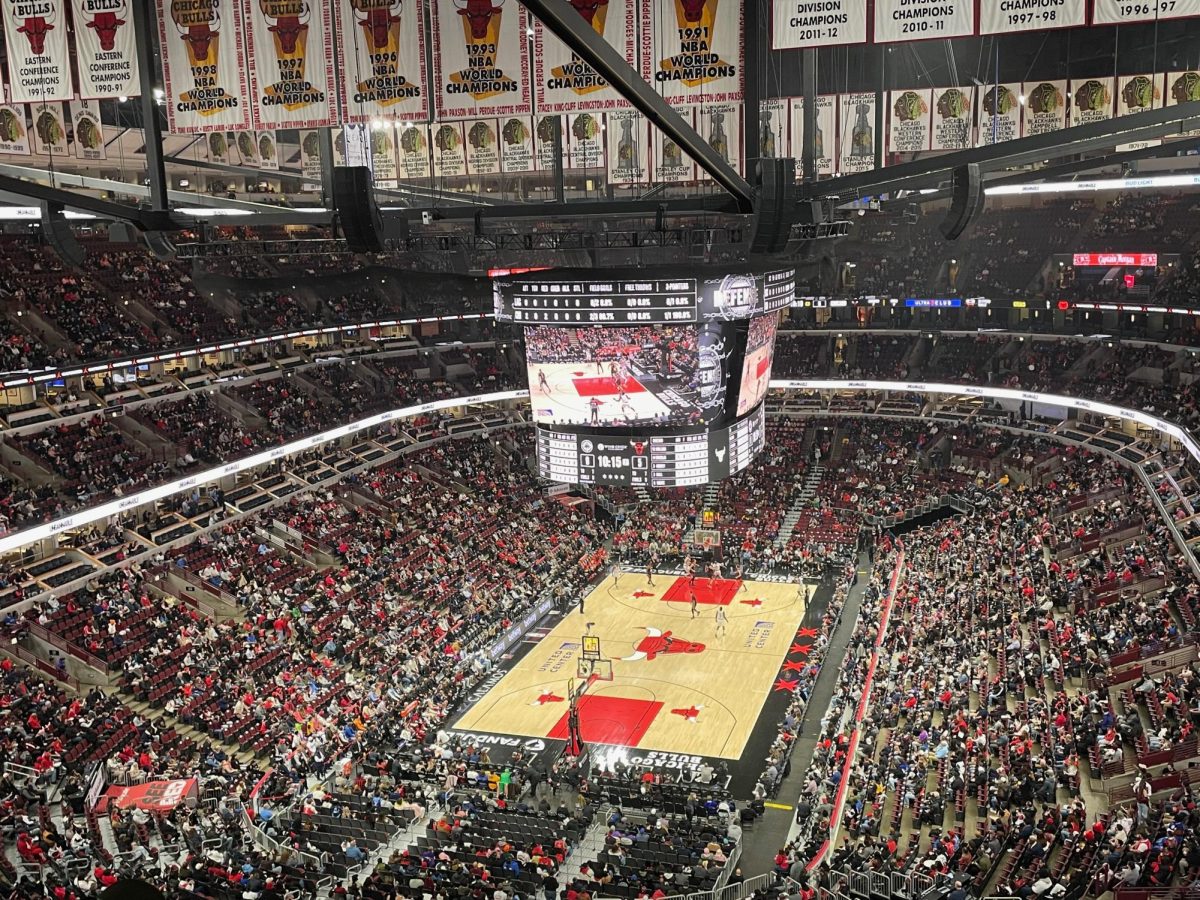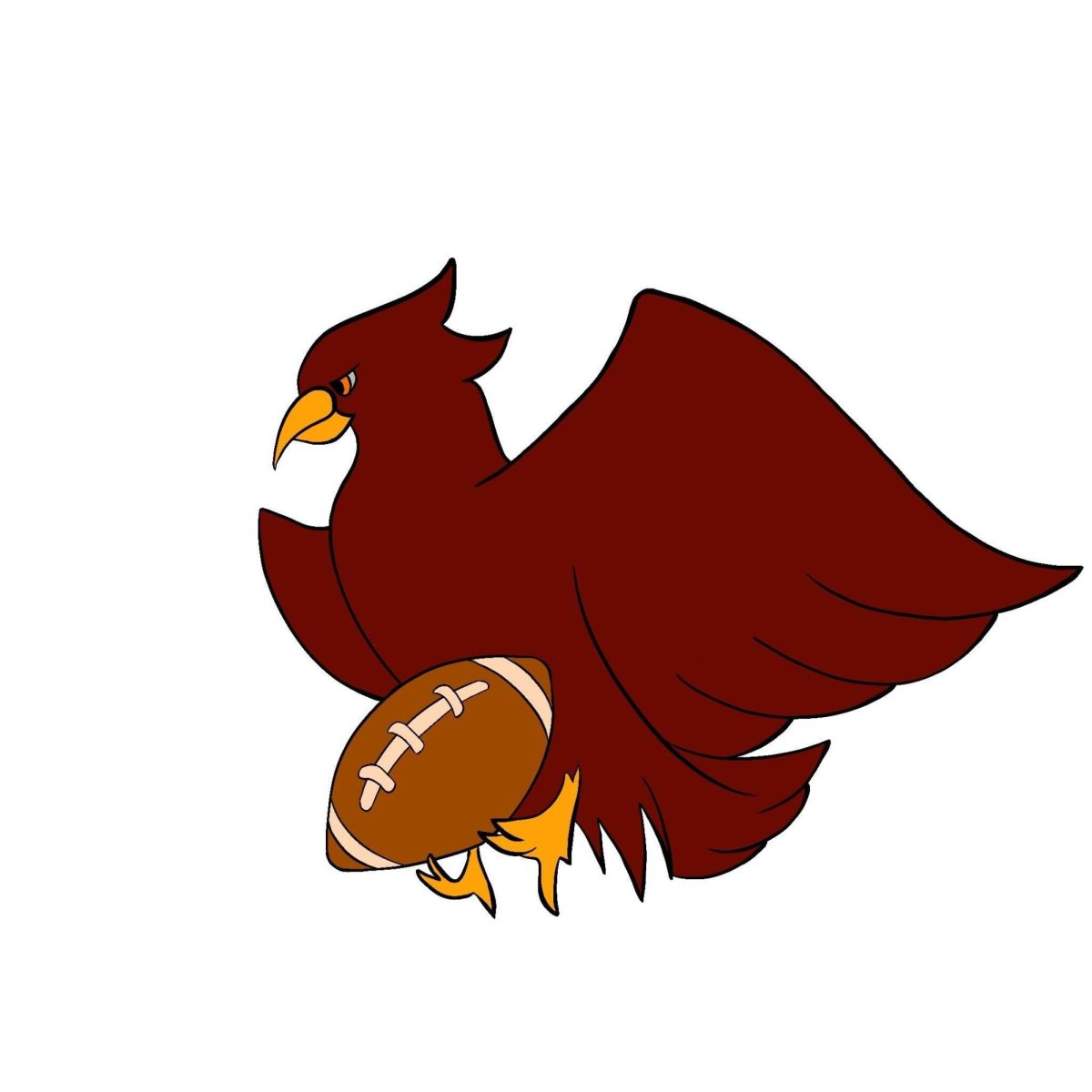After putting together an impressive run throughout its early season games the Maroon men’s soccer team hit a speed bump in its first UAA contest, losing 3-1 to Emory University on Saturday. After outplaying Emory in the first half and scoring four minutes into the second, Chicago was stung in minute 53 by a controversial call that awarded Emory a penalty kick and allowed them to tie the game at one. The shocked Maroons couldn’t regain their earlier rhythm, and Emory then sealed the game shut with two more scores. To date the squad boasts a solid 4-2-1 overall record and seeks to rebound from the loss as its heads into the bulk of league play in the coming weeks.
The preseason opened in late August under the direction of ninth year head coach John O’Connor. In his eight-year tenure O’Connor has led the Maroons from obscurity to national prominence. He holds the school record for victories (81) and guided Chicago to its first two Division III postseason appearances in 1996 and 2001.
Running their teammates through practice and leading them on the field have been fourth-year captains Micah Prochaska and Matt Wiechert. Playing in goal, Prochaska’s six-foot-four frame provides the bedrock upon which the rest of the team is built. An always vocal leader and all-UAA team member last season, he comes into this year’s campaign with the second best goals-against average in school history. Also coming off an all-UAA season, Wiechert leads a solid defensive unit from his position at left back. A sturdy defender, his additional offensive creativity is key to the Maroon attack. He showcased this ability two Saturdays ago, scoring the deciding goal in a victory over Westminster College.
Another fourth-year, Nathan Widell, holds court on the right flank. As with Wiechert, Widell provides the Maroons with an attacking option out of the backfield.
“Nathan’s defense and his offensive runs provide a good framework for the rest of the team to build off of,” O’Connor said.
Formed from a more conventional defensive mold, central backs third-year Peter Ostroske and second-year Peter Schlaefer both play a hard-nosed game that allows the more creative Wiechert and Widell to advance and lend a hand in the attack.
The Chicago midfield is a tight unit that draws its strength from workmanlike precision and a sense of dogged, unwavering determination. At center-mid, third-year Reed “The General” Fleetwood is the basis of the team’s organization-oriented system.
“Reed runs things in the midfield,” O’Connor said. “He allows the creative players on the team to be much more attacking.”
One of those offensively-minded midfielders is fourth-year Eugene Sung who complements Fleetwood in the center. Sung played over the summer at a camp at Notre Dame against Division I talent, elevating his game in order to step into his new role as offensive center-piece this year.
Starting at left-midfield is fourth-year Theo Arvanites, who also played at the Notre Dame camp this summer. He provides speed and intuition to a team that relies heavily on its outside midfielders to make sideline runs and get behind opposing defenses. Opposite Arvanites is third-year Ben Preyss. Preyss scored a crucial goal on September 24, as Chicago went on to tie Wheaton 1-1 in a hard fought match. This year’s Maroon squad boasts an incredible amount of depth, something that allows O’Connor to rotate his midfield more than most teams would dream possible. A year after making the team as a walk-on, second year Jim Logan has been spectacular off the bench. He is currently second on the team with two goals, scoring the game winner against Millikin. Also contributing in the midfield are second-year Giordano Palloni, first-year Alex Chinco, and first-year Will Wennerth.
Last year’s leading scorer Barret Van Sicklen graduated in the spring and has since joined a professional squad in Norway, leaving the Maroons without their number one attacking option. This year’s squad has had to adapt its approach in order to fill this void.
“This year’s overall attacking strategy is much more of a team effort than in the past,” Wiechert said. “Our attacks develop from quick movements of the ball around the field, long switches to the opposite sides of the field, and penetrating through balls on the ground, which is different than the general ‘kick and run’ technique that you have when you have a speedy and rogue-styled forward such as Barret.”
Leading the way in this revamped attack is a group of younger players. Second-year Brain Standerfer is the team’s leading scorer, with all three of his goals coming in a hat-trick against DePauw. Every goal was needed, as the Maroons edged by 4-3. Second-year forward Rush Atkinson plays a crucial role in disrupting the passing and organizational patterns of Chicago’s opponents.
“Rush does much of the grunt work for us,” said O’Connor, “he’s extremely good at pressuring players.” Second-year Ryan Elhe provides the Maroons with some size up front and the option of an aerial attack.
In Saturday’s action against number four nationally ranked Emory, the Maroons began the game in classic form. The defensive four were rock solid and Chicago maintained a substantial advantage in time of possession. In an extremely fast-paced contest, the team was able to connect on many short combinations with Wiechert and Arvanites working brilliantly in tandem on the left side.
Before the game O’Connor mentioned the need to get a good transition from defense to offense. It was in this aspect of the game however, that the Maroons struggled. While the defense and midfield were able to effectively control the tempo of the game and stifle any Emory attack, they had problems translating this organization into scoring chances. Both on the ground and following a handful of free kicks in the air, the Emory defense was equally able to control their half of the turf. However, Chicago had to feel good about its play even though the half ended with no score.
The Maroons remained aggressive in the second frame and their efforts quickly came to fruition. In the minute 50, a ball was played into the penalty box from the wing and Stranderfer deftly layed it back to Atkinson at the edge of the 18. A great first touch effort buried the ball in the side of the net and the Maroons took the lead.
Within a matter of minutes however, Chicago’s momentum came crashing down. On what seemed to be a harmless enough play, an Emory forward pushed the ball past the Maroon defense. Although clear to the goal, the ball was played too far ahead and Prochaska was able to dive out onto it. After the ball was taken by Prochaska, the Emory forward flipped over him in an attempt to make a play on the ball. Nothing at all seemed amiss until a markedly late whistle sounded from the referee. Apparently he believed that Prochaska had caught the player before the ball, a view so absurd that even the Emory side looked caught in disbelief. “Travesty” was among the kinder words uttered by the Maroon players and bench. After a score on the ensuing penalty kick, the game was tied and a new life seemed to be breathed into Georgians.
From this point on, the complexion of the game shifted subtly. The Emory midfielders were now the ones controlling the flow of the game and chinks began to show in the formerly impenetrable Chicago defense. The offense began to rely more on long aerial balls than the quick touch passes it had utilized in the first half.
In the 64th minute, Matthew Levine of Emory controlled a gunk ball at the edge of the 18 and quickly fired a perfectly placed shot that gave Prochaska no chance. The Maroons maintained their composure and continued to fight diligently; although at times it seemed that they were pressing a little on the offensive end rather than keeping to their more organized and methodical style of play. In minute 84 Emory scored again on a counterattacking breakaway to close the lid on any Chicago hopes.
The second half was better played than the three Emory goals would indicate and Chicago can draw a minimum of satisfaction from that fact. More importantly however, the Maroon side must be able to rebound from the heartbreak of a blown call if they are to continue their high level of play in the coming weeks.








